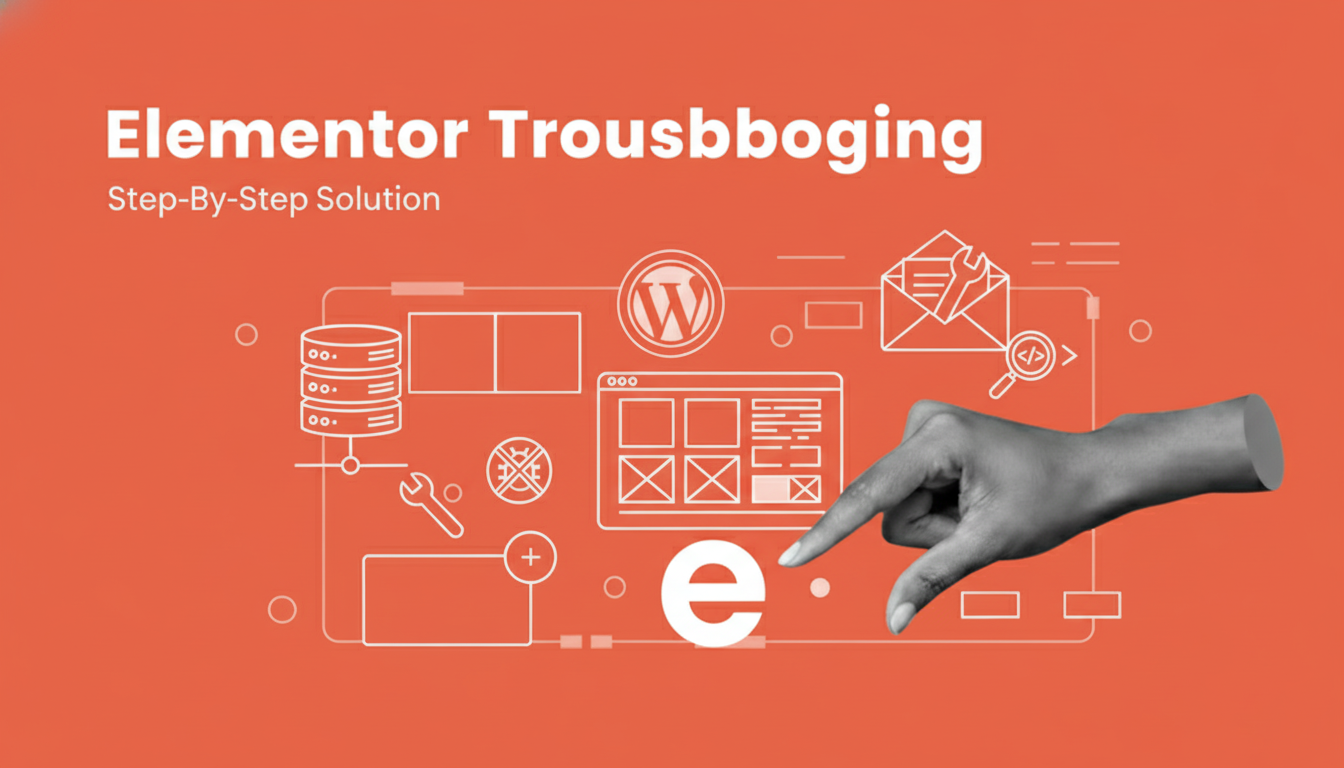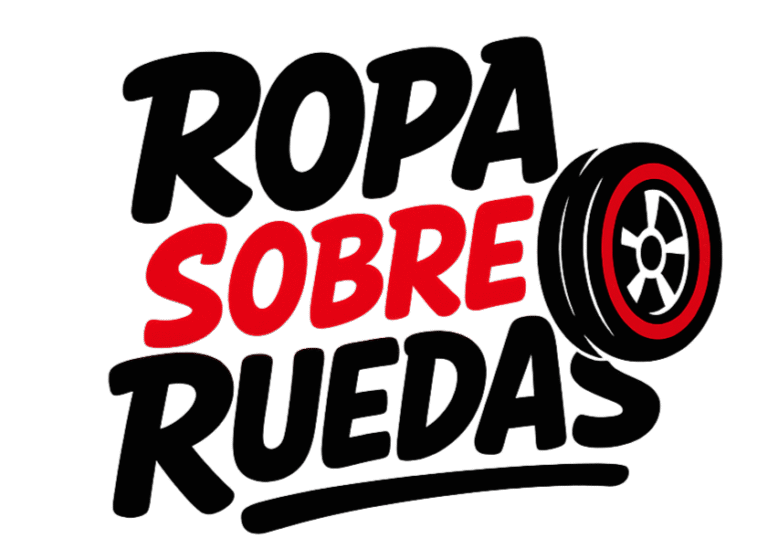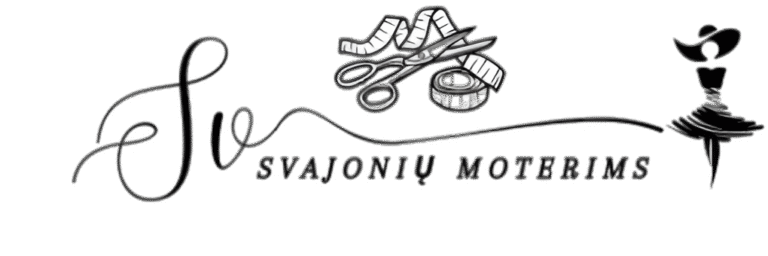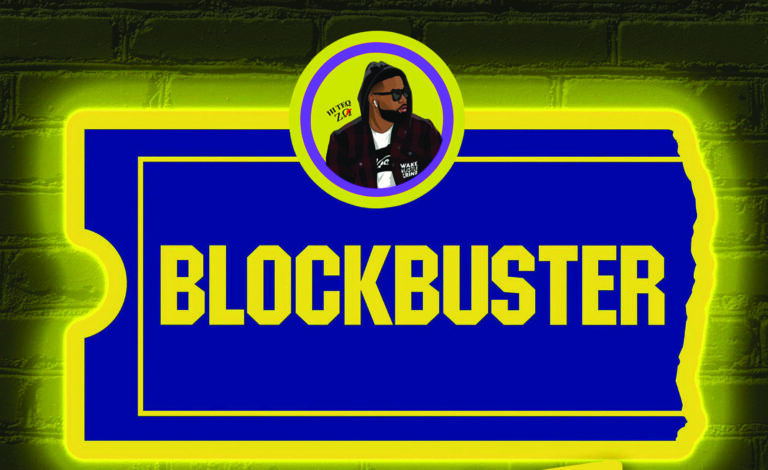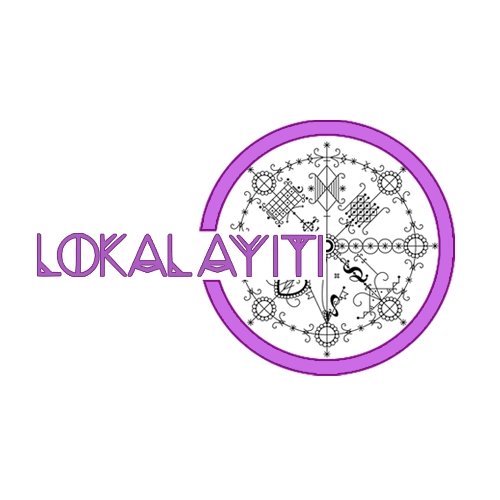“`html
body { font-family: -apple-system, BlinkMacSystemFont, “Segoe UI”, Roboto, Helvetica, Arial, sans-serif, “Apple Color Emoji”, “Segoe UI Emoji”, “Segoe UI Symbol”; line-height: 1.6; color: #333; max-width: 900px; margin: 0 auto; padding: 20px; }
h1, h2, h3 { color: #2c3e50; margin-top: 1.5em; margin-bottom: 0.8em; }
h1 { font-size: 2.5em; }
h2 { font-size: 2em; border-bottom: 2px solid #eee; padding-bottom: 0.3em; }
h3 { font-size: 1.5em; }
p { margin-bottom: 1em; }
ul { list-style-type: disc; margin-left: 20px; margin-bottom: 1em; }
ol { list-style-type: decimal; margin-left: 20px; margin-bottom: 1em; }
li { margin-bottom: 0.5em; }
a { color: #007bff; text-decoration: none; }
a:hover { text-decoration: underline; }
.button { display: inline-block; background-color: #007bff; color: white; padding: 10px 15px; border-radius: 5px; text-decoration: none; margin-top: 10px; }
.button:hover { background-color: #0056b3; }
.code-block { background-color: #f4f4f4; border: 1px solid #ddd; padding: 15px; border-radius: 5px; overflow-x: auto; margin-bottom: 1em; }
strong { font-weight: bold; }
em { font-style: italic; }
.note { background-color: #e6f7ff; border-left: 5px solid #3399ff; padding: 10px 15px; margin-bottom: 1em; border-radius: 3px; }
.faq-question { font-weight: bold; margin-top: 1em; }
.faq-answer { margin-bottom: 1em; }
Elementor Text Not Updating? Fix It Now
Have you ever spent precious time perfecting your website’s content in Elementor, only to find that your changes mysteriously refuse to appear on the live site? It’s a frustrating experience that can leave you wondering if your efforts were in vain. The “Elementor text not updating” issue is a common hurdle for many WordPress users, but rest assured, it’s almost always fixable.
This comprehensive guide from Hostinger and Elementor will walk you through various solutions, from simple cache clearing to more in-depth troubleshooting. Our goal is to provide you with actionable, step-by-step instructions to resolve this problem and ensure your Elementor-powered website updates smoothly every time. Let’s dive in!
Why is Your Elementor Text Not Updating? Understanding the Root Causes
Before we jump into solutions, it’s helpful to understand why your Elementor text not updating might be happening. The most common culprits usually fall into one of these categories:
- Caching Conflicts: Your, your hosting provider’s, or even your browser’s caching mechanisms are often the number one reason you don’t see immediate changes.
- Plugin/Theme Conflicts: Another plugin or your active theme might be interfering with Elementor’s ability to save or display content.
- Server-Side Issues: Low PHP memory limits, outdated PHP versions, or server-level caching can sometimes prevent updates.
- Elementor Itself: While rare, core Elementor bugs or an outdated version could be the cause.
- Editor Glitches: Sometimes, the editor itself might hiccup during the saving process.
Multiple Solutions to Fix Elementor Text Not Updating
Don’t despair! We’ve compiled a list of effective solutions to tackle the “Elementor text not updating” problem. Start from the top and work your way down until your content appears as expected.
1. Clear Caches: Your First Line of Defense for Elementor Text Not Updating
The vast majority of Elementor text update problems stem from caching. There are several layers of caching that might be at play:
a. Clear Elementor Cache
Elementor has its own cache to speed up the editor and frontend display. Clearing it is often the quickest fix.
- From your WordPress dashboard, navigate to Elementor > Tools.
- Go to the General tab.
- Click the Regenerate Files & Data button.
- Then, go to the Cache tab.
- Click Clear Cache.
- After clearing, visit your page in a new incognito window or clear your browser cache.
For more details, refer to the official Elementor documentation on troubleshooting loading issues, which often includes cache clearing as a first step.
b. Clear WordPress Caching Plugin Cache
If you’re using a caching plugin like WP Super Cache, LiteSpeed Cache, W3 Total Cache, or SG Optimizer, it needs to be cleared.
- Log in to your WordPress dashboard.
- Locate your caching plugin’s settings (e.g., LiteSpeed Cache > Purge All, WP Super Cache > Delete Cache, etc.).
- Click the button to clear or purge all caches. Exact steps vary by plugin, but they usually have a prominent “Clear Cache” or “Purge All” button.
- Save changes and check your site.
c. Clear Browser Cache
Your browser also stores a temporary copy of websites you visit. This can prevent you from seeing the latest changes.
- Google Chrome: Go to Settings > Privacy and security > Clear browsing data. Select “Cached images and files” and choose a time range (e.g., “All time”), then click “Clear data”.
- Mozilla Firefox: Go to Options > Privacy & Security > Cookies and Site Data > Clear Data… Check “Cached Web Content” and click “Clear”.
- Safari: Go to Safari > Clear History… and select a time range.
- Alternatively: Open the page in an Incognito/Private window. This bypasses your browser’s cache entirely.
d. Clear CDN Cache (if applicable)
If you’re using a Content Delivery Network (CDN) like Cloudflare, Sucuri, or StackPath, it also has its own caching layer.
- Log in to your CDN provider’s dashboard.
- Find the option to purge or clear the cache for your domain.
- Follow the provider’s instructions to perform a full cache purge.
e. Clear Server-Level Cache (Hosting Provider)
Some hosting providers (like Hostinger, SiteGround, WP Engine, Kinsta) implement server-level caching. You might need to clear this from your hosting control panel.
- Log in to your hosting control panel (e.g., hPanel for Hostinger, cPanel, Plesk).
- Look for caching options (e.g., LiteSpeed Cache settings, performance tools, internal caching mechanisms).
- Clear the server cache. If you’re unsure how, consult your hosting provider’s documentation or support. Hostinger tutorials often cover this in detail.
2. Test for Plugin/Theme Conflicts
A common reason for Elementor text not updating is a conflict with another plugin or your active WordPress theme. Identifying the culprit can be tricky, but this systematic approach helps.
a. Switch to a Default WordPress Theme
Your current theme might be causing the conflict. Switching to a default theme like Twenty Twenty-Four can help isolate the issue.
- Go to Appearance > Themes in your WordPress dashboard.
- Activate a default WordPress theme (e.g., Twenty Twenty-Four, Twenty Twenty-Three).
- Go back and try to edit your Elementor page and save changes.
- If the text updates, the issue is with your theme. Contact your theme developer for support or consider switching themes.
- Remember to switch back to your original theme once troubleshooting is complete.
b. Deactivate Plugins One by One
This is a classic troubleshooting method for WordPress conflicts.
- Go to Plugins > Installed Plugins in your WordPress dashboard.
- Deactivate all plugins except Elementor and Elementor Pro (if you have it).
- Try to edit and save your Elementor page again.
- If the “Elementor text not updating” problem is resolved, reactivate your plugins one by one, testing the Elementor page after each activation.
- The plugin that causes the issue to reappear is the culprit. You’ll then need to find an alternative, contact the plugin developer for support, or check their documentation for known conflicts.
3. Update Elementor and WordPress
Outdated software can lead to all sorts of compatibility issues, including your Elementor text not updating properly.
- Update Elementor and Elementor Pro: Go to Dashboard > Updates or Plugins > Installed Plugins and update Elementor and Elementor Pro to their latest versions.
- Update WordPress: Ensure your WordPress core is also up to date via Dashboard > Updates.
- Update Your Theme and Other Plugins: Keep all your themes and plugins updated to ensure maximum compatibility and security.
4. Check and Increase PHP Memory Limit
Elementor is a powerful plugin and requires adequate server resources. A low PHP memory limit can prevent it from saving changes, leading to the “Elementor text not updating” issue.
- Check current memory limit: Go to Elementor > System Info. Look for “PHP Memory Limit”. Elementor recommends at least 128MB, but 256MB or 512MB is better for complex sites.
- Increase the limit: You can typically do this by adding a line to your `wp-config.php` file, which is located in the root directory of your WordPress installation.
define( 'WP_MEMORY_LIMIT', '256M' );Or, you might be able to increase it via your hosting control panel (e.g., hPanel, cPanel). Look for “PHP Settings,” “MultiPHP INI Editor,” or “Select PHP Version” features.
- If you’re unsure, contact your hosting provider’s support team. They can usually adjust this for you.
For more information on WordPress memory limits, check the official WordPress documentation.
5. Revert to a Previous Version or Revision
If you made changes and now your Elementor text not updating, it’s possible a recent change caused the problem, or you simply want to undo un-savable modifications.
a. Elementor Revisions
Elementor has its own revision history, allowing you to go back to previous saved states.
- Open the page in Elementor editor.
- Click the History icon (looks like a clock) at the bottom panel.
- Go to the Revisions tab.
- Select an earlier revision and click Apply to load it.
- Try saving again.
b. WordPress Revisions
WordPress also has revision history for posts and pages.
- From your WordPress dashboard, open the page you’re having issues with in the standard WordPress editor (Pages > All Pages > Edit).
- On the right sidebar, look for the Revisions section.
- Click Browse to view previous versions and potentially restore an earlier one.
6. Check for JavaScript Errors
Sometimes, JavaScript errors can prevent Elementor from saving or displaying content correctly.
- Open your browser’s developer tools (usually by pressing F12 or right-click > Inspect).
- Go to the Console tab.
- Look for any red error messages. These usually indicate a JavaScript issue.
- If you see errors, try to identify if they are coming from Elementor itself, another plugin, or your theme. You might need to troubleshoot plugins/themes (as described in section 2) or deactivate offending scripts (advanced users).
7. Save Changes as a Draft or Template
If you’re consistently running into “Elementor text not updating” when clicking “Update,” try these alternative saving methods:
- Save as Draft: Instead of “Update,” click the green arrow next to it and choose “Save Draft.” Then try publishing from the WordPress editor.
- Save as Template: Save the problematic section (or even the whole page) as a template. Then, create a new page, insert the template, and see if it saves correctly.
8. Use Safe Mode
Elementor’s Safe Mode is a troubleshooting feature designed to isolate conflicts by temporarily disabling themes and plugins that might interfere with Elementor.
- From your WordPress dashboard, navigate to Elementor > Tools.
- Go to the Safe Mode tab.
- Click Enable Safe Mode.
- Now, try editing your page in Elementor. If the text updates successfully, it indicates a conflict with your theme or another plugin. You can then proceed with the plugin/theme conflict testing steps (section 2).
More detailed instructions can be found on Elementor’s official documentation regarding Elementor Safe Mode.
9. Switch Elementor Editor Loader Method
In some rare cases, the way Elementor loads its editor can cause issues. Changing the method might help.
- Go to Elementor > Settings in your WordPress dashboard.
- Click on the Advanced tab.
- Find the option for Editor Loader Method.
- Try switching it from “Default” to “Enable” or vice versa.
- Save changes and try editing your page again.
Common Issues and Troubleshooting for Elementor Text Not Updating
Beyond the core solutions, here are some common scenarios and specific troubleshooting tips:
Issue: Elementor Text Not Updating After Migration
Website migrations can introduce URL issues or

